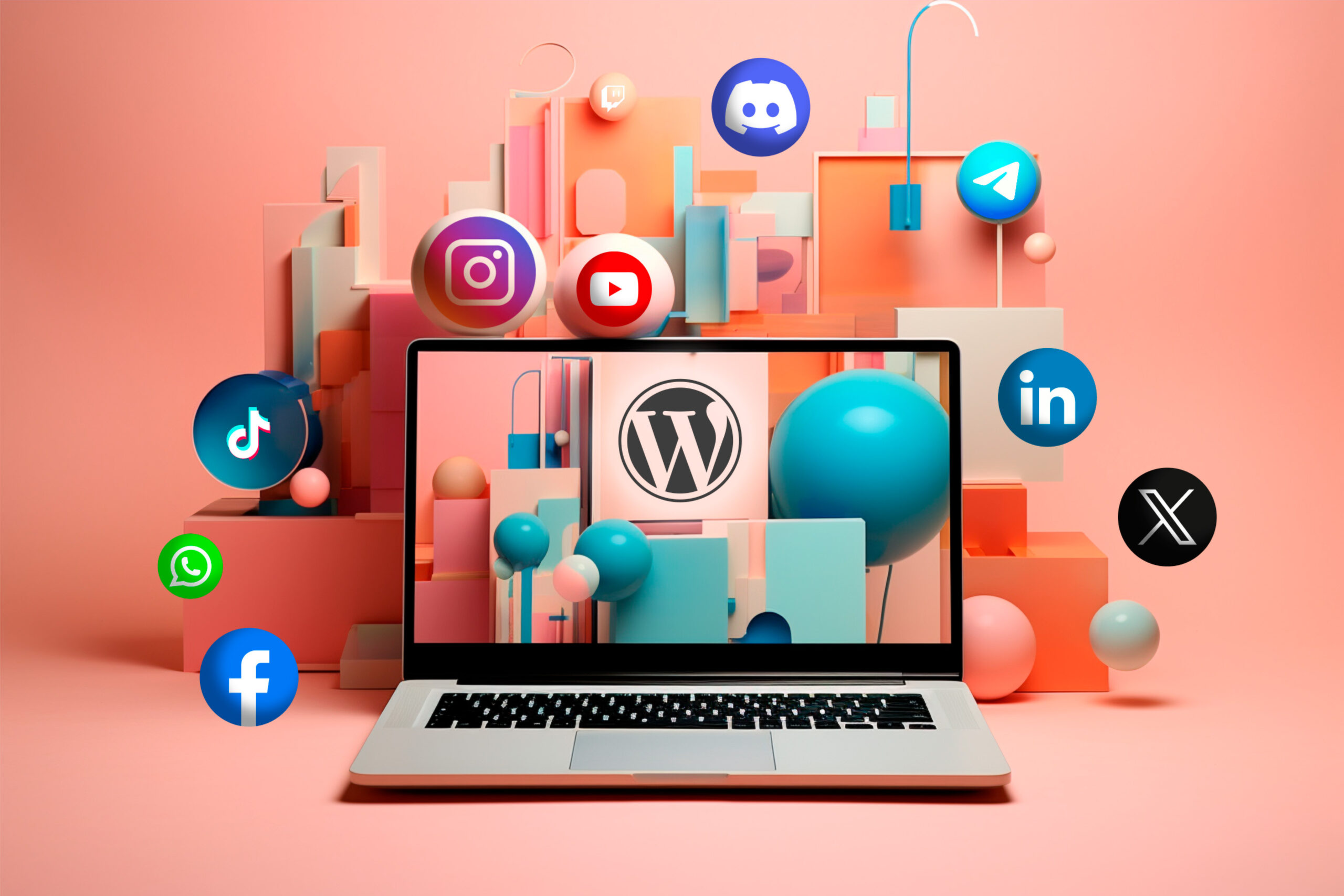In today’s digital age, a strong online presence is crucial for small and medium-sized businesses (SMBs) across all sectors. While social media platforms offer a way to reach customers, relying solely on them can be limiting and risky. Here’s why having a dedicated website is essential for your business, with practical examples from the learning center, catering, and craft shop industries.
1. Professionalism and Credibility:
A well-designed website lends credibility and professionalism to your business. Unlike social media profiles, a website is a branded space that you fully control, where you can present your business in the best light.
Example: Learning Center
A learning center with its own website can showcase its curriculum, teacher qualifications, and student testimonials. This not only builds trust with prospective students and parents but also provides a professional platform to highlight educational achievements and accreditations.
2. Search Engine Visibility:
Having a website improves your chances of appearing in search engine results, making it easier for new customers to find you. While social media can help with visibility, search engines like Google prioritize websites in their results.
Example: Catering Business
For a catering company, a website allows potential clients to find them through searches like “catering services near me” or “wedding catering options.” This visibility is harder to achieve through social media platforms alone.
3. Customized Branding:
Websites offer more freedom for customization and branding than social media platforms. You can design your site to match your brand identity precisely, without the constraints of social media templates.
Example: Craft Shop
A craft shop can use its website to reflect its unique style and creativity, showcasing handmade products through high-quality images and detailed descriptions. This personalized touch can significantly enhance the shopping experience compared to a generic social media page.
4. Comprehensive Content Control:
On your website, you can control the narrative. You can publish detailed blog posts, FAQs, and customer testimonials without worrying about character limits or the transient nature of social media posts.
Example: Learning Center
A learning center can use its website to post extensive educational resources, blog articles on learning strategies, and detailed course descriptions, providing value that establishes the center as an authority in education.
5. Data Ownership and Analytics:
With your own website, you have access to detailed analytics and control over your customer data. This information can be crucial for understanding your audience and tailoring your marketing strategies.
Example: Catering Business
By analyzing website traffic and customer inquiries, a catering business can identify popular services, optimize its marketing, and improve the customer journey on their site.
6. E-commerce and Online Booking:
Websites allow for the integration of e-commerce platforms and booking systems, which social media cannot fully support.
Example: Craft Shop
A craft shop can integrate an online store, enabling customers to browse products, add them to a cart, and check out all within the site. This seamless shopping experience can significantly boost sales compared to directing customers from social media to a separate platform for purchases.
7. Customer Support and Communication:
A website can provide various customer support options, such as live chat, contact forms, and support tickets, offering a better service experience than social media messaging systems.
Example: Catering Business
A catering service can include a detailed FAQ section, a contact form for bespoke inquiries, and a booking system on its website, making it easy for clients to get the information they need and secure the company’s services for their events.
In conclusion, while social media is an essential tool for modern businesses, a dedicated website is indispensable for establishing credibility, enhancing visibility, and providing a comprehensive brand experience. Whether you’re running a learning center, a catering business, or a craft shop, a website offers a level of professionalism, functionality, and branding that social media alone cannot match.
BTW: Ready to launch your own WordPress site? Elevate your online presence with the exceptional skills of web developer & UI/UX designer, Manu Te Maia.
